

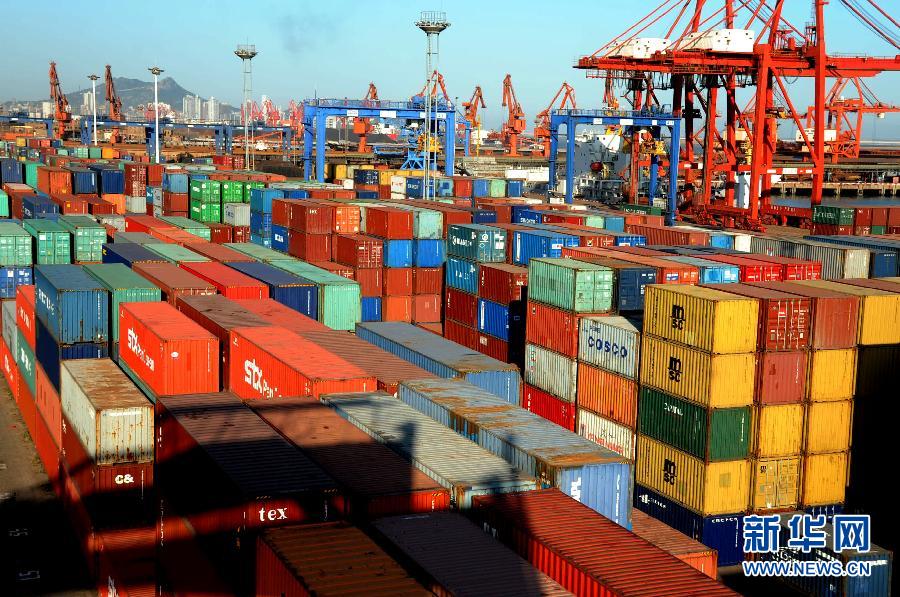 |
BEIJING, Sept. 15-- The leadership and supervision of the Communist Party of China (CPC) over China's state-owned enterprises (SOEs) are a "safety valve," not shackles, on SOE development.
The website of the CPC Central Commission for Discipline Inspection (CCDI) on Tuesday published reports by the China Nuclear Engineering Co. Ltd. (CNEC) and several other enterprises on their efforts to correct problems found by CCDI inspection teams.
The CCDI sent inspection teams to 25 centrally administered SOEs and conducted discipline checks from March to May.
It set up a special section on its website last week to publish the responses of the SOEs, including the CNEC, the China National Petroleum Corporation and the State Development and Investment Corporation, to the problems found by CCDI inspectors.
Problems that the companies vowed to address included unfair transactions, cronyism, violations in decision-making processes and other acts of corruption, according to the reports published so far.
In their reports, the SOEs pledged to strengthen anti-corruption precautions including enhanced management of funds and projects, stricter supervision over selection of officials, intensified auditing and internal rule enforcement.
Also last week, the CCDI announced that Song Lin, former chairman of the state-owned China Resources, was expelled from the CPC after the commission found he had taken advantage of his post to seek promotions and benefit businesses for others in exchange for bribes.
CPC authorities' efforts to supervise, punish offenders and root out corruption fit the requirements of the rule of law and they will promote, not hinder, the establishment of a modern enterprise system within SOEs and benefit their long-term development.
The anti-corruption and discipline drive is expected to ensure effective SOE reform and remove obstructions to change.
China on Sunday unveiled a guideline to deepen SOE reforms featuring measures to modernize the companies, enhance state assets management, promote mixed ownership and prevent the erosion of state assets.
The guideline noted that supervision will be intensified both from inside and outside SOEs to prevent abuse of power and the erosion of state-owned assets. A mechanism for accountability will be established to track violations, including corruption and embezzlement.
Proper oversight of SOE operations will also help maintain sound market order as the health of SOEs and related sectors is important to the Chinese economy.
As such, the leadership and supervision of the CPC act as a "safety valve" to make sure enterprises, as well as the Chinese economy, stay on track.
It should be noted that management and supervision by authorities should not turn into meddling in SOE operations.
Such concerns, however, can be answered by the CPC's pledge to check the use of power and respect market forces in the economy.
Day|Week

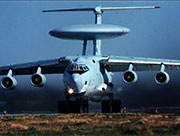 Stunning photos of air show in China’s V-Day parade
Stunning photos of air show in China’s V-Day parade Bikini models compete in oriental beauty pageant
Bikini models compete in oriental beauty pageant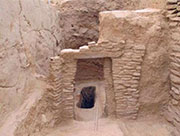 Archaeologists find 4,000-year-old sentry post in Shaanxi
Archaeologists find 4,000-year-old sentry post in Shaanxi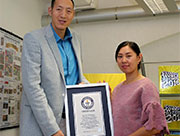 Chinese couple claim title for Guinness world's tallest married couple
Chinese couple claim title for Guinness world's tallest married couple Left-behind child faces separation from father after summer vacation
Left-behind child faces separation from father after summer vacation Scenic Liangshan: Photographers' paradise
Scenic Liangshan: Photographers' paradise Amazing China-made flying car expected to serve in the army
Amazing China-made flying car expected to serve in the army Bikini boxing on opening day of a bar in Taiyuan
Bikini boxing on opening day of a bar in Taiyuan Have you met her? Campus belle from Wuhan University
Have you met her? Campus belle from Wuhan University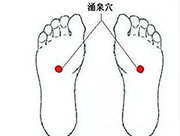 Expert reveals top five longevity acupuncture points
Expert reveals top five longevity acupuncture points